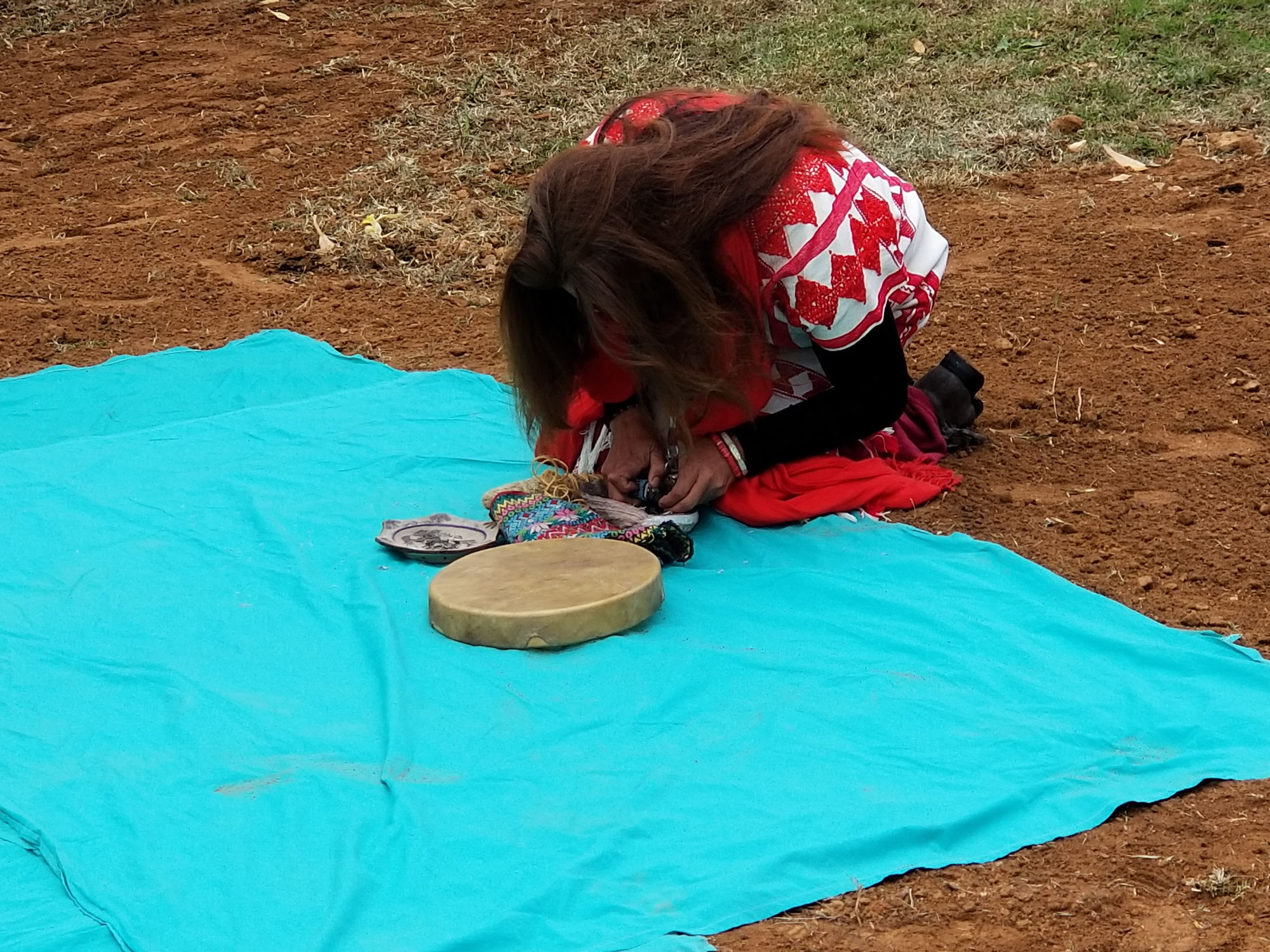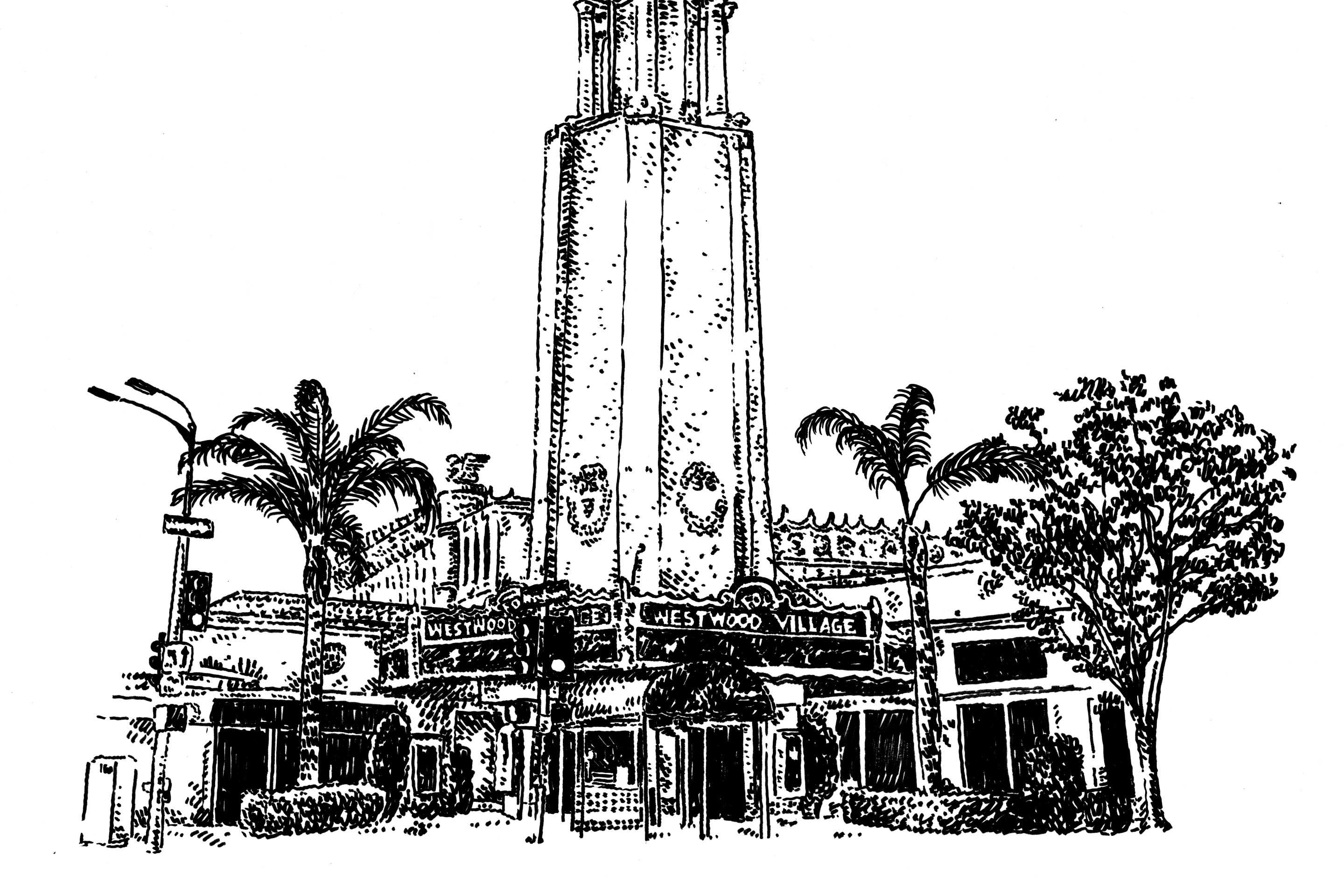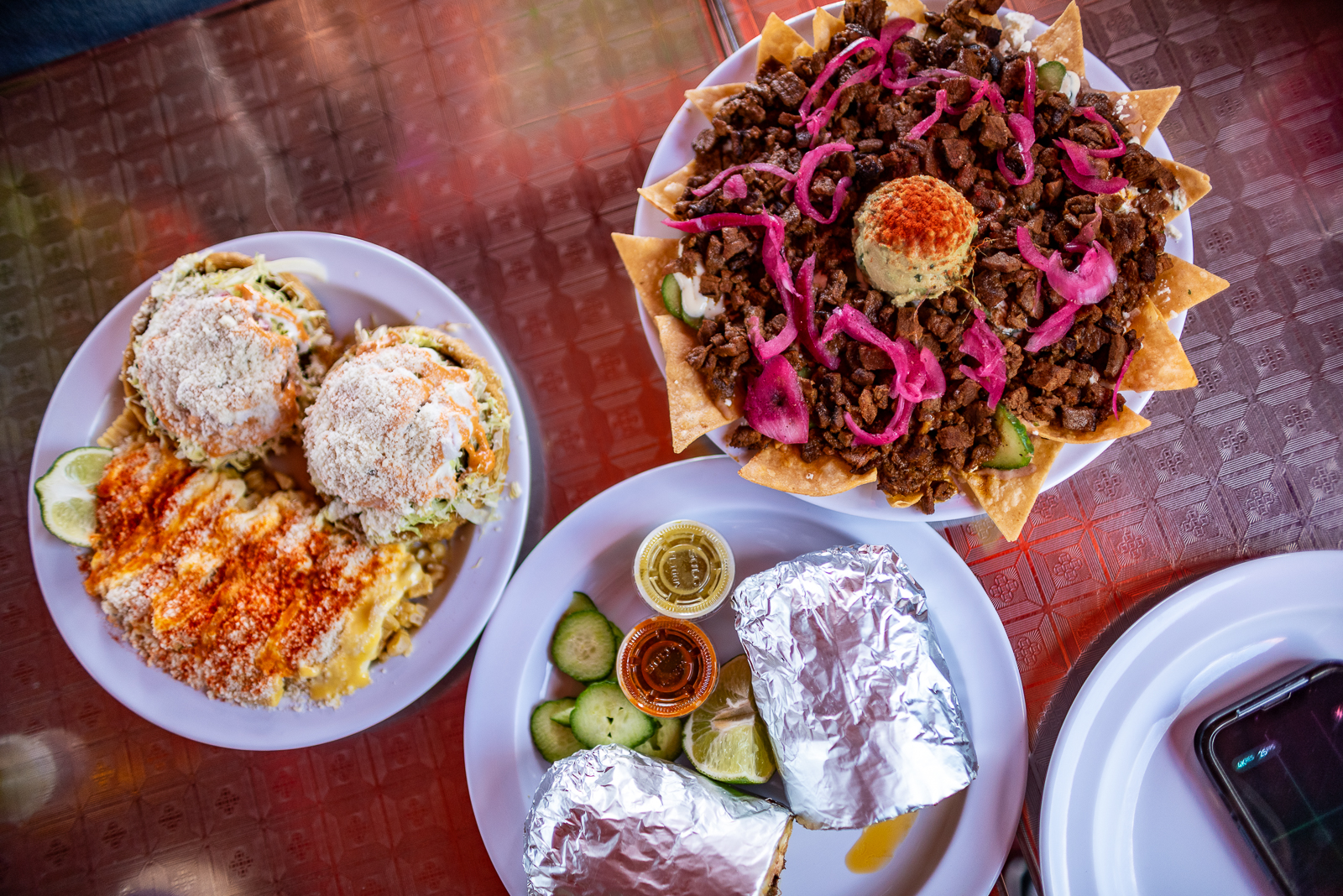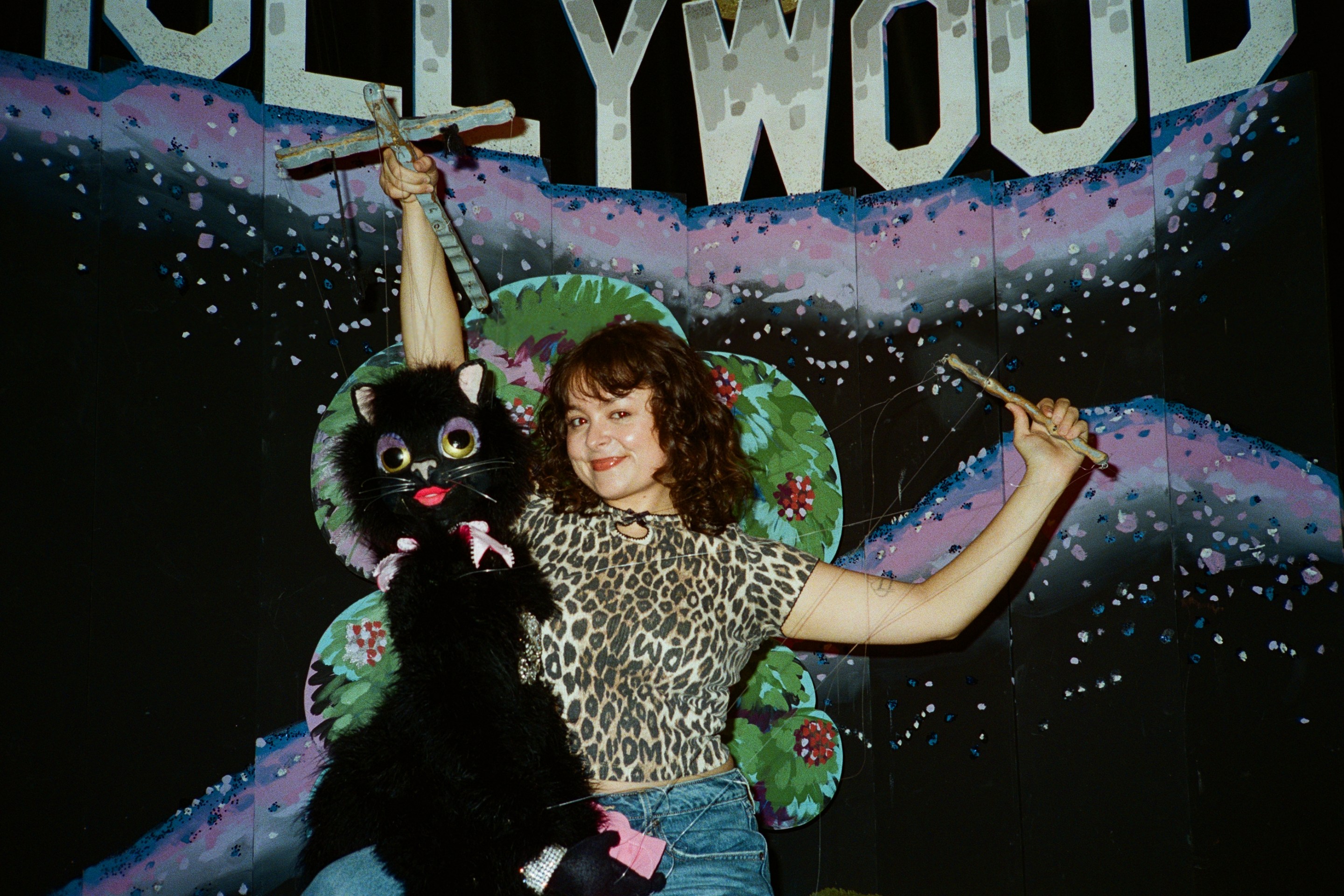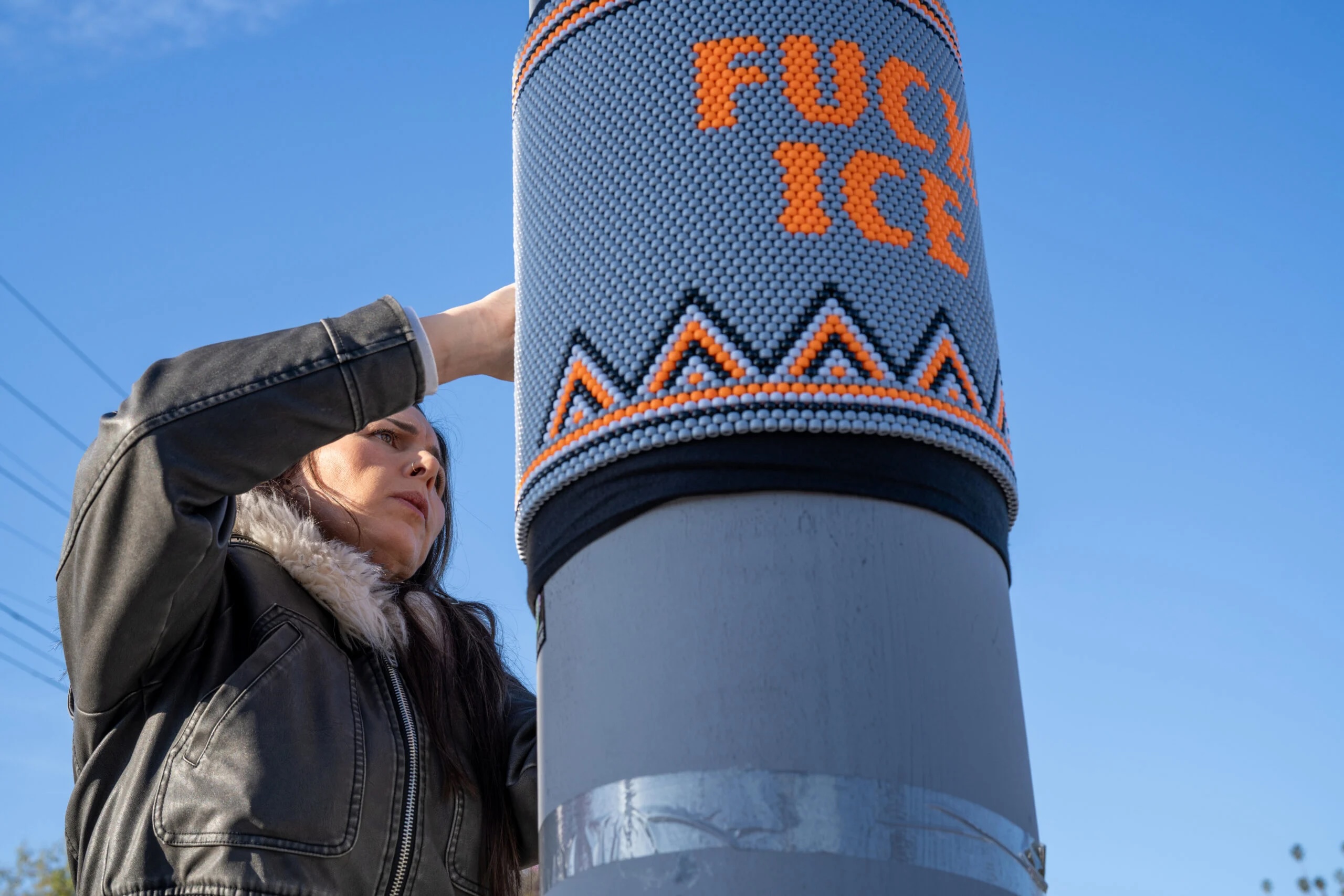[dropcap size=big]N[/dropcap]o one had claimed their remains even though they died up to three years ago. No family. No friends. They numbered 1,457: L.A. County’s “unclaimed decedents.”
So, on this damp Wednesday morning, under the strong smell of pine and sycamore trees and wet cut lawn grass, L.A. County buried these misbegotten individuals at its crematory-cemetery in Boyle Heights, given the deceased, at least, an interfaith ceremony to send them to the afterlife.
Days before, workers had dug a single plot on the sloping lawn, colloquially dubbed “pauper’s field,” although the phrase's negative connotations have made it unpopular. The grave site was marked by a year, “2015” — when the earliest in this lot were cremated — and a blue tarp. The freshly turned earth was carefully cleared and leveled.
L.A. County holds the cremated remains of individuals for up to three years before a common burial, to allow for any family members or loved ones to claim a person's remains, said Estella Inouye, manager of decedent affairs at the Department of Health Services. “I get unclaimed, abandoned, and indigent,” Inouye said.
As though to show evidence of the county’s labor, bare patches peppered the field, an out of the way area of the L.A. County Cemetery. Each patch also marked by a year when cremains were similarly buried. In 2014, 1,495 were buried here; in 2013, 1,430 were buried there; and 2012, 1,379 over there, and so on.
When it is discovered a loved one is buried at pauper’s field, some people pay to have a small plaque installed near that bare patch of earth. The small rectangle is inscribed simply with a name, a date, and a short remembrance. “Mother, you were the rock in the family,” one plaque says.
That sentiment was the reason given by many of the approximate 150 people who gathered on a wet chilly morning, weather too frigid for most Angelenos. No one had claimed the 1,457 individuals. They had three years, but no one wanted them, or knew they had passed.
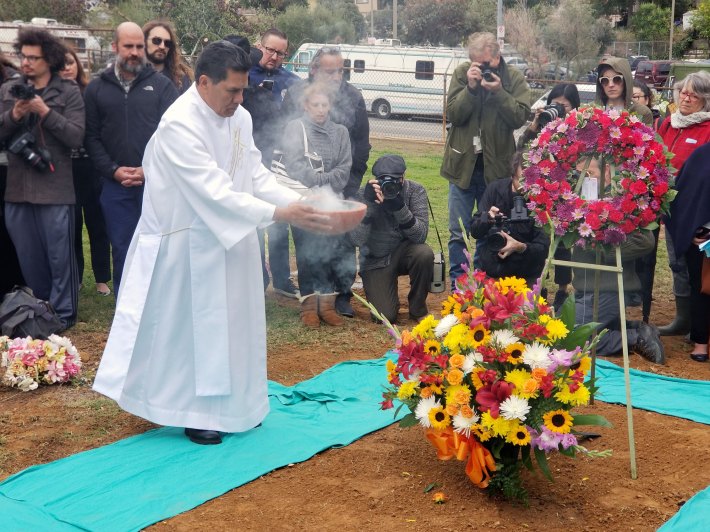
[dropcap size=big]E[/dropcap]ach year the county buries hundreds of individuals unclaimed for reasons as varied as the unclaimed individual themselves, according to county officials. Some couldn’t afford the $400 the county charges for cremation and body transportation, while others choose not to claim someone for personal reasons.
For the people who came to the ceremony, the dead were not forgotten.
Amy Fogerson of Street Symphony, an organization of professional singers and instrumentalists that plays music at county jails and on Skid Row, said she came to help recognize the people left behind. Her group, consisting of a handful of musicians from the Los Angeles Master Chorale and the L.A. Philharmonic, provided the music for the memorial service.
L.A. County Supervisor Janice Hahn reminded the gathering that while it was a national day of mourning over the death of President George H. W. Bush, “We also mourn the loss of individuals whose deaths did not receive national attention or much attention at all, but whose lives are no less worth of our recognition.”
RELATED: A Harrowing Look Inside the Migrant Refugee Camp on the Border in Tijuana
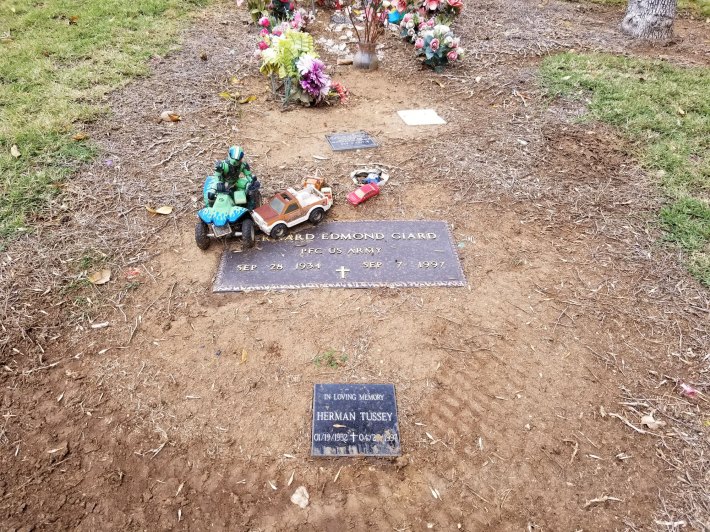
The ages of the deceased ranged from infants to elderly. The county doesn’t specify demographic information, but a list of thousands of deceased unclaimed individuals dating back to 2012 can be found on the website of the Office of Decedent Affairs.
For the time being they are unclaimed, but these individuals wait on this list to perhaps someday be discovered.
“We gather to honor at this moment our common humanity,” said Father Chris Ponnet, during a common eulogy. “We gather in the pain of persons unclaimed, somehow disconnected from their families and friends.”
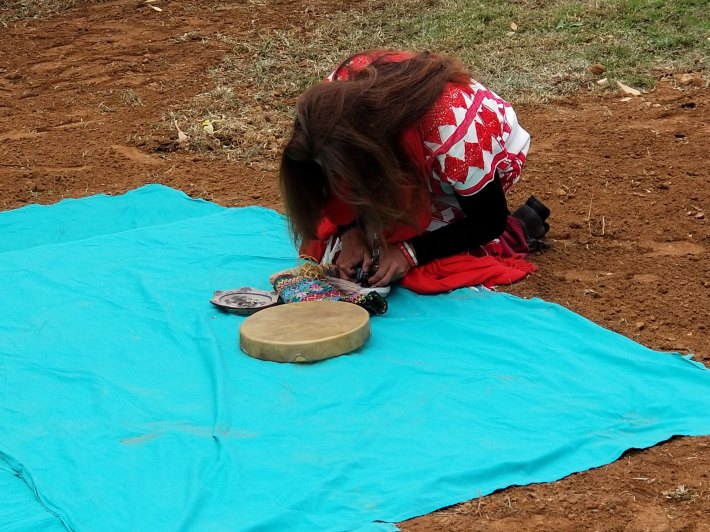
[dropcap size=big]T[/dropcap]he interfaith service incorporated prayers in English and Spanish, as well as in Korean and Fijian. Services were delivered by a Catholic father, a Jewish rabbi, and a Muslim imam. A woman sang a Native American chant, calling to the four directions, while she held a bouquet of smoldering sage.
“We had a friend who died a year ago. His body was turned over to San Bernardino County,” said Teresa Sitz, who along with her partner Ken, drove more than two hours from Yucca Valley in the Twentynine Palms area to attend Wednesday morning’s ceremony. “But they don’t let you know where the grave is, so we can’t lay flowers or anything.”
The couple said they have been attending annually in Boyle Heights for the past four years, and have created Facebook event every year to let friends know about the ceremony. “We made our own little memorial out in the desert on our own,” she said. “This is a better way to do it.”
RELATED: One Chef's Day: What It Was like to Cater at Jonathan Gold's Family Farewell
